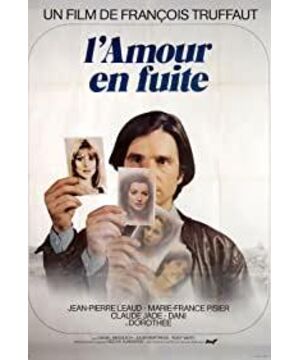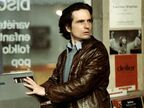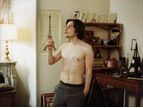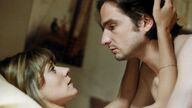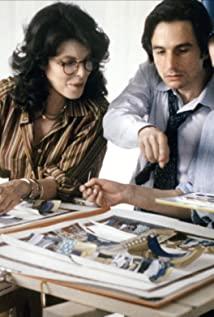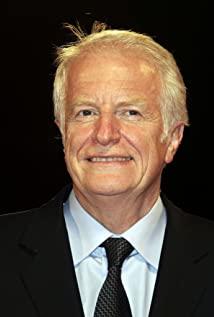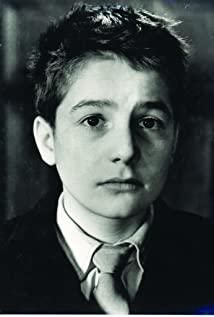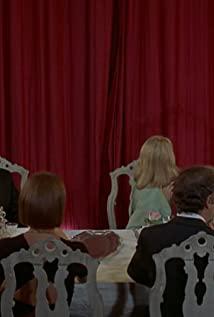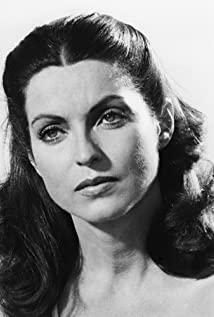The "Antoine Series" is directed by François Truffaut and starring Jean-Pierre Leaud. "Kiss", "Bed Situation" and "Love Runs" tell the story of Antoine's life experience from childhood to middle age. The Antoine series is loved by many fans because of its meticulous emotional portrayal and the coexistence of sadness and humor, and has become one of the representatives of the French "New Wave". Its representative shot is constantly interspersed in the five films, and the scene of Antoine running constitutes a never-ending metaphor. Although the latter four focus on the development of Antoine's love, which is different from the emotional tone of "Four Hundred Blows", the "Antoine Series" still revolves around a vague main line.
In "Four Hundred Blows", Antoine runs to escape the adult world, and finally faces the sea with nowhere to go. After that, Antoine's running no longer appears as the finishing touch of the film, but only as a complex image and the image of Antoine as a teenager continues to overlap. In "Antoine and Colette", Antoine's pursuit of the girl Colette failed. In "Stolen Kiss", Antoine turned into a private detective, swaying between the owner of the shoe store and his girlfriend Christine, and Antoine in "The Bed" Wan was briefly infatuated with a Japanese girl, eventually divorcing Kristin, reuniting with Colette, and kissing Sabine at the end. There are repeated clips from the first four films in "Love Run", and there is no shortage of warm reviews of Antoine's life trajectory.
To put an end to the Antoine series, rather than giving the audience a happy ending, it is more important to bring common memories across twenty years. The tenderness of this memory is that it is like Antoine's impression of himself, but it is above the individual. It is Truffaut's self watching the inside and outside of the text, and it is everyone who looks back on what he lost when he grew up as a teenager. Time is longing, regret, and regret. This might explain where that grief came from. Apparently the teenager Antoine in "Four Hundred Blows" had to go back to correction school, and every time Antoine chased after that and every time he tried to hold onto something, he always lost it. "The moment he actually grasped the object as the support of the phantom, he lost the object." Or, he seemed to get it, but he was still confused about the next node. He pursues a woman's love, he wants to love, he keeps looking for love, and eventually the afterimage of "love" dissipates, and he chooses to turn back - whether it's Kristen in "Stolen Kiss" or "Bed" Returning to Christine, and even choosing Sabine after being rejected by Colette in "Love Rush", he returned to the previous stage on his own after the illusion of passion and love. He had been being blocked by something invisible. Maybe it was his childhood, I don't know. But at the end of "Love Run", he returns to Sabine's side, and the camera constantly swings between a couple and him and Sabine, and the image gradually deforms and blurs, leaving an afterimage. It's an open ending, and we don't know how his relationship with Sabine will play out. However, we have an impression of Antoine's swaying heart. Did he really find it? Has his heart finally calmed down after twenty years of restlessness? There was silence. In the theme song, Antoine officially bids us farewell. Then cut to the picture of Antoine playing with the drum in "Four Hundred Blows".
The turntable was spinning rapidly, and he was able to stick to the wall of the cylinder by inertia. He was excited and scared.
So while we see Antoine's running through his life, it seems to foresee a flashback of the ending. A commonality of life. The moving images reflect the ever-changing faces of teenagers, youth and middle-aged, facing the unknown seas ahead. From this point of view, running is a kind of search for a symbol, a kind of lost in the direction of romantic rhetoric, which seems to indicate the duality of people's life and nothingness.
Sometimes I wonder how French directors make people so cute. If you look at Antoine's performance in Antoine's pentacles from a simple and rude perspective, he always seems to be entangled with women, but in Truffaut's hands it becomes pure and affectionate, with nostalgic tenderness. I think of the bastard and charming Michelle and Allan in Godard's "Exhausted" and "Outlaw" at the same time, perhaps also integrated into the shadow of the director himself. A misty white veil. I swear I would never speak of "existentialism," but it does show me how a generation's soul wanders in pieces, whether it's a playful march toward meaninglessness or a fervent desire to hold on to everything after countless disillusionments:
Even after the turntable stopped, I had nothing to rely on.
View more about Love on the Run reviews


